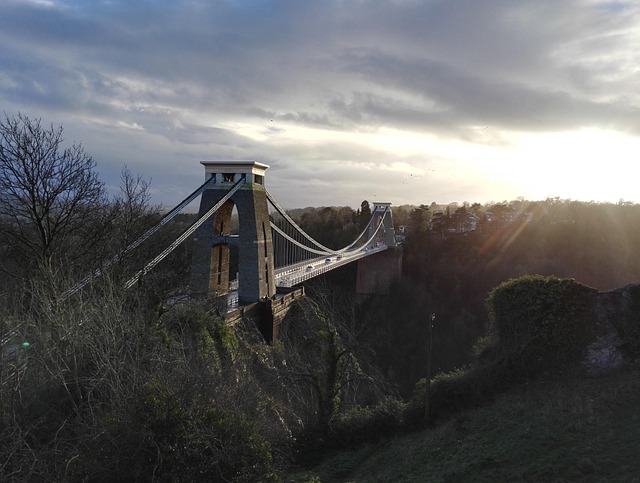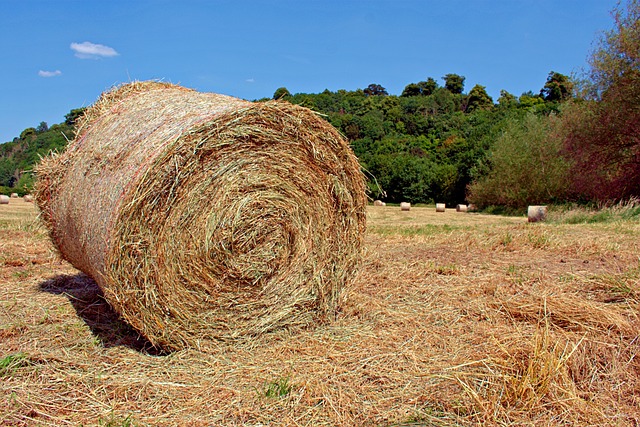"Forests nearby offer diverse outdoor recreation, from walks to hikes, attracting nature enthusiasts and real estate investors alike. Forest therapy, or Shinrin-yoku, provides stress reduction and mood enhancement, making these natural spaces valuable for wellness-focused buyers. Properties in scenic forest settings command premium prices due to their tranquil ambiance and recreational opportunities, significantly impacting local real estate markets globally. The real estate industry actively seeks forest lands, promoting sustainable conservation while capitalizing on the growing demand for forest-adjacent living."
Unleash your sense of adventure and discover the unparalleled recreation opportunities that await in nearby forests. From hiking trails weaving through ancient trees to serene picnic spots hidden among lush undergrowth, these natural retreats offer a breath of fresh air for all ages. In this article, we explore how forest recreation enhances well-being, delves into the therapeutic benefits of nature, and uncovers why properties in forested areas are increasingly sought after in the real estate market.
Unlocking Nature's Playground: Exploring Forest Recreation

Unlocking Nature’s Playground: Exploring Forest Recreation
For those seeking an escape from the hustle and bustle of city life, nearby forests offer a vibrant and diverse playground for outdoor enthusiasts. These natural spaces provide a wealth of recreation opportunities, catering to various interests and skill levels. From leisurely nature walks to thrilling hiking trails, forest environments encourage exploration and connection with the outdoors. Real estate properties situated near these lush green sanctuaries are often sought-after, as they offer easy access to this natural playground.
Imagine embarking on a scenic hike through towering trees, where the gentle rustling of leaves creates a soothing symphony. Or picture yourself kayaking along a winding river, surrounded by lush vegetation and the occasional wildlife sighting. These experiences not only enhance physical well-being but also foster a deeper appreciation for nature’s beauty. For real estate investors and residents alike, the proximity to such forest recreation areas adds immense value, ensuring a lifestyle enriched by the tranquil and rejuvenating powers of nature.
The Benefits of Forest Therapy and Outdoor Activities

Forest therapy, or Shinrin-yoku, as it’s known in Japan, offers a unique and therapeutic experience for both mind and body. Spending time amidst nature has been scientifically proven to reduce stress, lower blood pressure, and boost overall mood. The peaceful ambiance of nearby forests provides an escape from the hustle and bustle of daily life, allowing individuals to reconnect with their surroundings. Outdoor activities such as hiking, birdwatching, and forest bathing can enhance physical health while also fostering a deeper appreciation for the natural world.
For real estate professionals and property owners, promoting these recreational opportunities can be a powerful selling point. Forests offer a tranquil retreat from urban living, appealing to buyers seeking a more peaceful and connected lifestyle. The benefits of forest therapy are well-documented, providing potential investors with a compelling argument when showcasing properties in scenic natural settings.
Property Values and the Appeal of Forested Areas

The appeal of nearby forests extends far beyond their scenic beauty, significantly impacting local real estate markets. Properties nestled within lush green forests often command premium prices due to the tranquil and natural ambiance they offer. Homebuyers increasingly seek out forest-adjacent locations for their potential to enhance well-being and provide recreational opportunities right at home. This trend is evident in many regions where forest-covered areas are not just valued for their aesthetic appeal but also for their ability to mitigate noise pollution, offer cleaner air, and contribute to a general sense of calm and relaxation.
The real estate industry has recognized this shift, with developers and investors actively seeking out forest lands or properties with significant forested areas. The market response is a reflection of changing consumer preferences, as people increasingly recognize the health benefits and stress-reducing effects of living in closer proximity to nature. This demand for forest-related real estate not only boosts property values but also encourages the conservation and sustainable management of nearby forests, ensuring these green spaces remain accessible and appealing for future generations.






